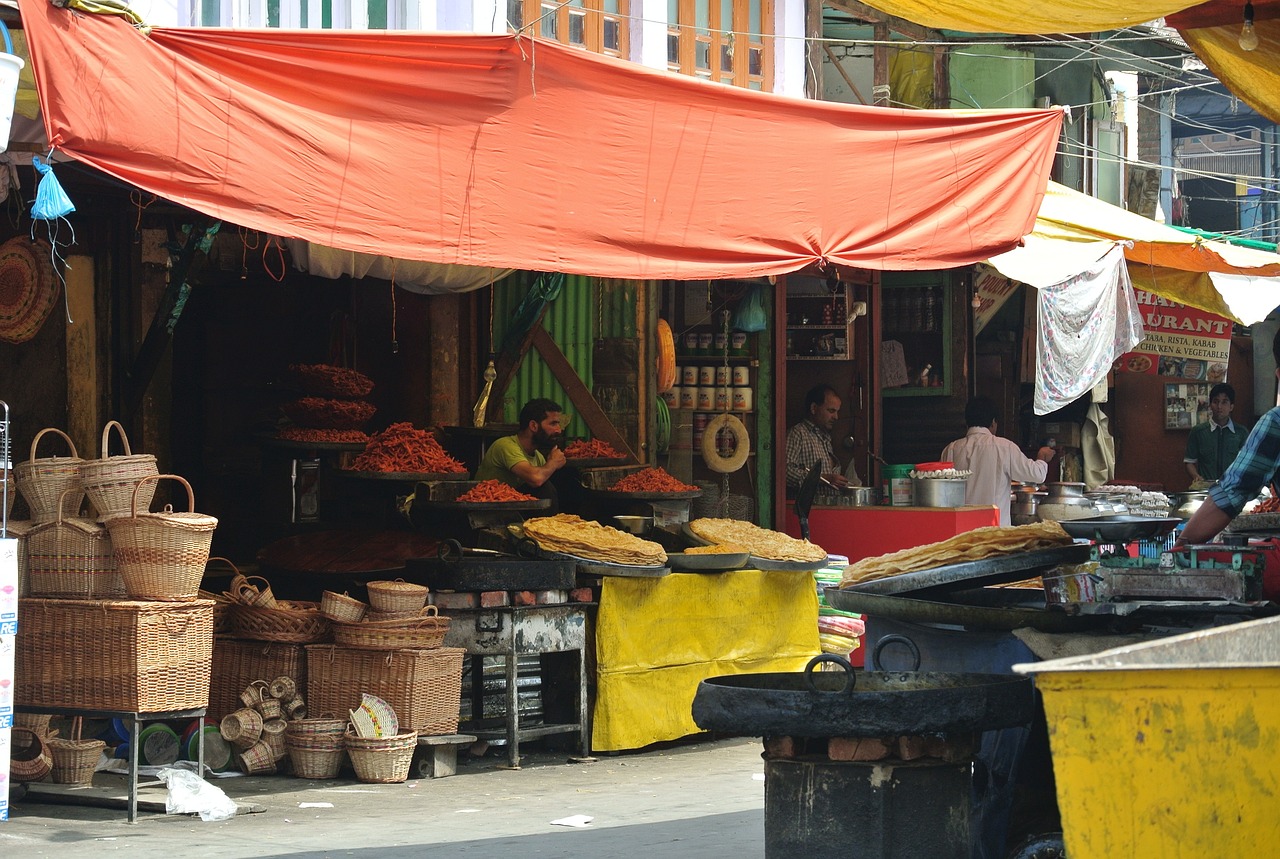Trends in Political Campaign Literature: Tigerexch, Golden77.com, Sky 99 exch
tigerexch, golden77.com, sky 99 exch: Elections are critical moments in any democracy, where citizens have the opportunity to voice their opinions and choose their leaders. However, elections can only be truly representative if the electorate is well-informed and engaged. This is where voter outreach plays a crucial role.
Voter outreach refers to the efforts made by political parties, candidates, and organizations to reach out to voters, inform them about their platforms, and encourage them to participate in the electoral process. From door-to-door canvassing to phone banking, voter outreach takes many forms, all with the same goal: to ensure that every eligible voter has the information and motivation they need to cast their vote.
So, why is voter outreach so important in elections? Let’s break it down.
1. Increasing Voter Turnout
One of the primary goals of voter outreach is to increase voter turnout. Low voter turnout can skew election results and undermine the democratic process. By reaching out to voters, political parties and candidates can encourage more people to participate in the electoral process, ensuring that the outcome reflects the will of the people.
2. Educating Voters
Many voters are unaware of the candidates’ platforms, their positions on key issues, and how their policies may impact their lives. Voter outreach plays a crucial role in educating voters about these important matters, enabling them to make informed decisions at the ballot box.
3. Mobilizing Support
Voter outreach is also essential for mobilizing support for candidates and political parties. By engaging with voters, political campaigns can build rapport, address concerns, and rally support for their cause. This grassroots mobilization can make a significant difference in a close race.
4. Building Trust
Effective voter outreach helps build trust between voters and candidates. By showing up at voters’ doors, listening to their concerns, and addressing their issues, candidates can demonstrate their commitment to serving the community’s best interests.
5. Addressing Barriers to Voting
Some voters face barriers to voting, such as transportation issues, language barriers, or lack of information about polling locations. Voter outreach can help identify and address these obstacles, ensuring that every eligible voter can exercise their right to vote.
6. Empowering Marginalized Communities
Marginalized communities, such as minorities and low-income individuals, often face greater barriers to political participation. Voter outreach targeted at these communities can empower them to have a voice in the electoral process, ensuring that their perspectives are represented in government.
Overall, voter outreach is crucial for promoting a robust and inclusive democracy. By engaging with voters, providing them with information, addressing their concerns, and mobilizing support, political campaigns can ensure that elections are fair, transparent, and reflective of the will of the people.
In conclusion, voter outreach is not just a nice-to-have in elections – it’s a must-have. Without engaging with voters and empowering them to participate in the democratic process, elections run the risk of being skewed, unrepresentative, and undemocratic. So, let’s all do our part to reach out to voters, educate them, and encourage them to exercise their right to vote. Our democracy depends on it.
—
FAQs
1. What are some common methods of voter outreach?
Common methods of voter outreach include door-to-door canvassing, phone banking, text messaging campaigns, social media outreach, and hosting town hall meetings.
2. How can I get involved in voter outreach efforts?
You can get involved in voter outreach efforts by volunteering for political campaigns or organizations that are working to mobilize voters. You can also help spread the word about important issues and encourage your friends and family to vote.
3. Is voter outreach only important during election season?
While voter outreach is particularly crucial during election season, it is important year-round. By staying engaged with voters and keeping them informed about political developments, we can ensure that our democracy remains strong and vibrant.







